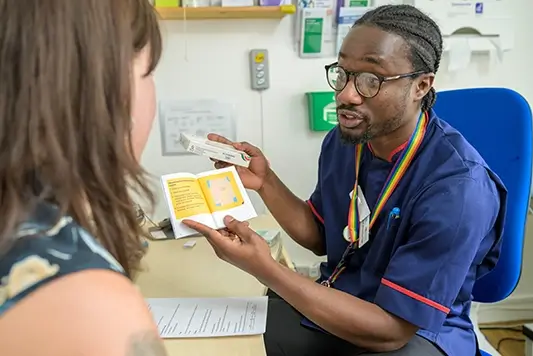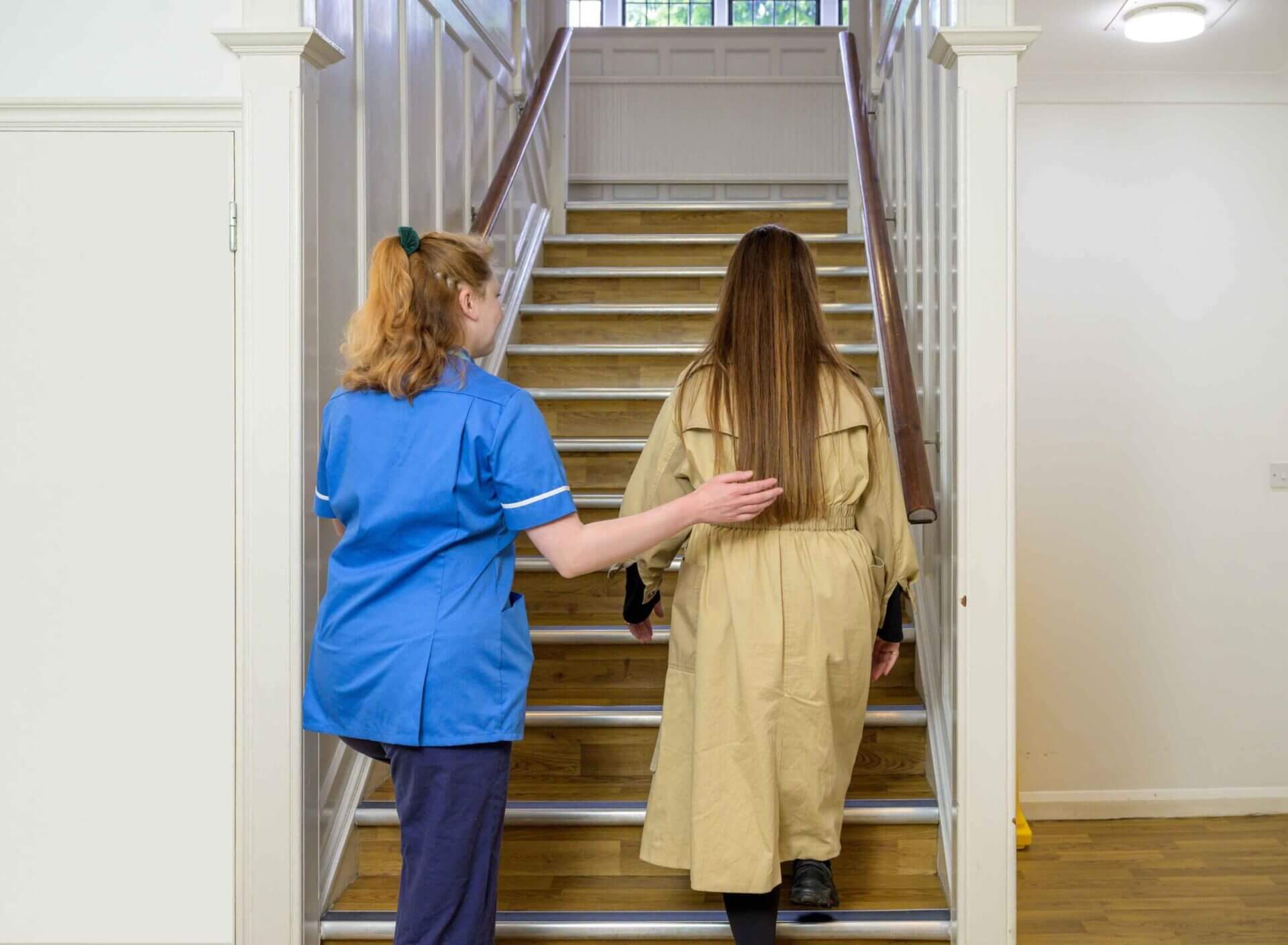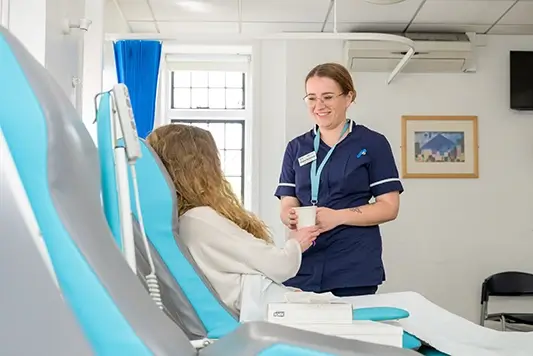Abortion myths and facts

Abortion myths vs facts
Abortion is common: nearly 1 in 3 pregnancies end in an abortion worldwide. However, abortion stigma means that this aspect of healthcare is not often talked about in everyday conversation, leading to a lack of access to relevant and accurate information.
You may see or hear misinformation about abortion, particularly online. We’re here to debunk some common myths about abortion, and provide you with the facts so that you can make an informed choice about your healthcare, your body, and your future.
Some people worry that having an abortion will affect their future fertility. This is not true: there is no link between abortion and infertility, and that’s true whether you have one abortion or more than one.
You can conceive again quickly after an abortion. In fact, an egg can be released from the ovary as soon as five days after your treatment so you could become pregnant again before your next period.
If you do not want to get pregnant after having an abortion you may want to have a contraceptive method in place if you don’t already have one. If you do, you may want to consider different alternatives in case any of those options work for you better. Contraception counselling is a part of your NHS-funded abortion care with MSI Reproductive Choices, should you wish to start a method of contraception following an abortion. At your abortion appointment, you will be offered a range of contraceptive methods and we’ll be there to advise and talk through your options with you.
We know that people may experience a range of emotions after using abortion services. For some, the decision to have an abortion might be a tough one, but for others, it might not.
The most common feeling to experience after an abortion is relief, but there is no right or wrong way to feel after an abortion. However you feel, you are not alone.
Abortion providers will always offer confidential, impartial, and non-judgemental support should you wish to discuss your decision. At MSI Reproductive Choices we provide free counselling services as part of abortion care. Our counselling team is available any time you need to talk before, during and after your treatment, even if your abortion was some years ago. If you want to talk to somebody who isn’t a counsellor, you can contact Abortion Talk, a free talk line for anybody who wants to share their feelings or story about abortion for any reason.
During a medical abortion, You are likely to experience strong cramping and bleeding which can last a few hours, but pain and bleeding is different for each person.
Most people will have significant cramping pain and will find pain relief helpful. If pain is severe, this is usually short lived and is
relieved when the pregnancy passes.
Bleeding can be light, moderate, or heavy during a medical abortion and it is different for everyone. During the abortion, it would be expected for you to pass the pregnancy tissue and most people will pass blood clots which can be as large as a lemon. Once the pregnancy has been passed, both the pain and bleeding will usually reduce. The bleeding may be quite heavy for a day or two as your uterus (womb) returns to its normal size. It is usual to pass clots for a few days and intermittently for 1-2 weeks. It is normal to have some bleeding or spotting, possibly with some small clots, for 2-4 weeks after a medical abortion and for some people it can be for up to 8 weeks after. This bleeding may come and go and be quite irregular, and you may continue to pass some smaller clots.
Abortion providers will be here to support you during and after an abortion. At MSI, we offer detailed advice on how to manage pain during an abortion and provide pain relief. If you access abortion care with MSI UK, you can always call our 24-hour aftercare line on 0345 122 1441 to speak to a healthcare professional.
You can read more about what to expect during and after an abortion on our abortion aftercare page.
Abortion is a very safe and common medical procedure. Worldwide, nearly 1 in 3 pregnancies end an in abortion each year, and in the UK, 1 in 3 women will have an abortion by the age of 45.
Like any surgical procedure or medical treatment, there are some risks, and we will explain these to you clearly during your consultation with us.
Some people also worry that having more than one abortion is not safe, but this is also not true. It is safe to have more than one abortion.
No. Having an abortion will not impact your long-term health. Data from the World Health Organisation* has shown that there is no link between abortion and breast cancer, and no increased risk to your health from having an abortion.
*World Health Organisation (2012), Safe Abortion: Technical and Policy Guidance for Health Systems (second edition), p.49.
Find accurate information about abortion
Visit the pages below to learn more about abortion, find abortion help and advice and find answers to abortion FAQs.

Considering an abortion
Find out more about your abortion options and what to expect from abortion treatment.

Abortion help and advice
Find quality, impartial advice about your pregnancy and abortion options.

Abortion FAQs
Find answers to commonly asked questions about abortion.




